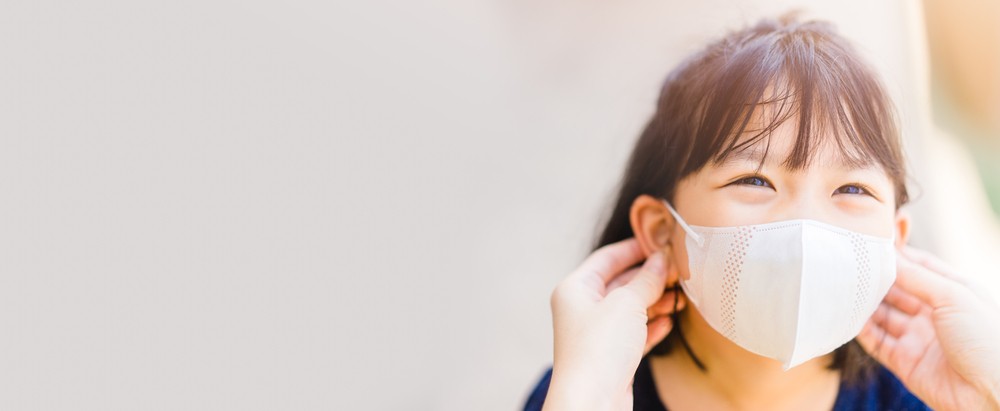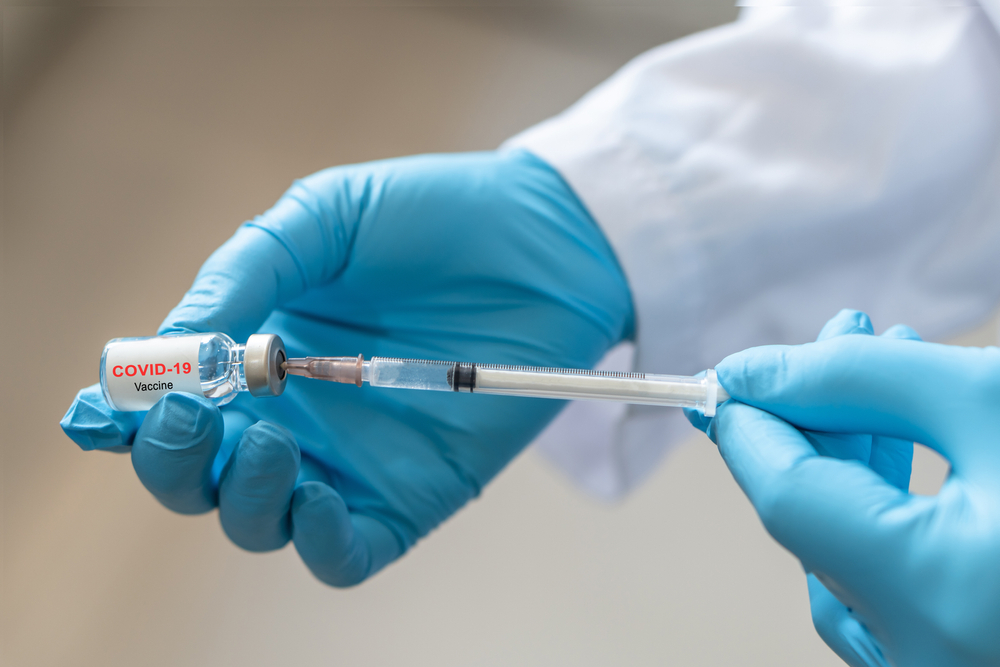I WANT
RELATED LINKS
I WANT
RELATED LINKS
RELATES LINKS
I WANT
RELATES LINKS
Services
Related Links
Use and Management of Cookies
We use cookies and other similar technologies on our website to enhance your browsing experience. For more information, please visit our Cookies Notice.
- Personal Banking
- Stories & Tips
- Protect My Family
- 7 Lessons We Can Learn From the COVID-19 Pandemic
- Personal Banking
- ...
- 7 Lessons We Can Learn From the COVID-19 Pandemic
7 Lessons We Can Learn From the COVID-19 Pandemic
7 Lessons We Can Learn From the COVID-19 Pandemic
18-06-2021
The COVID-19 pandemic changed life as we know it—and it may have changed us individually as well, from our morning routines to our life goals and priorities. Many say the world has changed forever. But this coming year, if the vaccines drive down infections and variants are kept at bay, life could return to some form of normal. At that point, what will we glean from the past year? Are there silver linings or lessons learned?
1.Masks are useful tools
The Centers for Disease Control and Prevention (CDC) recently relaxed its masking guidance for those who have been fully vaccinated. But when the pandemic began, it necessitated a global effort to ensure that everyone practiced behaviors to keep themselves healthy and safe—and keep others healthy as well. This included the widespread wearing of masks indoors and outside. Masks are a case in point. They are a key COVID-19 prevention strategy because they provide a barrier that can keep respiratory droplets from spreading. Mask-wearing became more common across East Asia after the 2003 SARS outbreak in that part of the world. “There are many East Asian cultures where the practice is still that if you have a cold or a runny nose, you put on a mask

2. Telehealth might become the new normal
Doctors and patients who have used telehealth (technology that allows them to conduct medical care remotely), found it can work well for certain appointments, ranging from cardiology check-ups to therapy for a mental health condition. Many patients who needed a medical test have also discovered it may be possible to substitute a home version. While there are still problems for which you need to see a doctor in person, the pandemic introduced a new urgency to what had been a gradual switchover to platforms like Zoom for remote patient visits. More doctors also encouraged patients to track their blood pressure at home and to use at-home equipment for such purposes as diagnosing sleep apnea and even testing for colon cancer. Doctors also can fine-tune cochlear implants remotely. “It happened very quickly,” says Sharon Stoll, DO, a neurologist. One group that has benefitted is patients who live far away, sometimes in other parts of the country—or even the world, she says. “I always like to see my patients at least twice a year. Now, we can see each other in person once a year, and if issues come up, we can schedule a telehealth visit in-between,” Dr. Stoll says. “This way I may hear about an issue before it becomes a problem, because my patients have easier access to me, and I have easier access to them.”
3 . Vaccines are powerful tools
Given the recent positive results from vaccine trials, once again vaccines are proving to be powerful for preventing disease. Some people don’t like the idea of side effects but nothing compares to the actual illness.

4. Everyone is not treated equally, especially in a pandemic
We have to accept the fact that some groups of people do not receive equal care, such as those living in remote areas and poor people. Or a multiracial country like the United States, for example, a minority non-white group may receive less care. Or some workers who are unable to work from home are at greater risk of contracting the disease due to frequent traveling.
5. We need to take mental health seriously
There was a rise in reported mental health problems that have been described as “a second pandemic,” highlighting mental health as an issue that needs to be addressed. The number of mental health disorders that were on the rise before the pandemic is surging as people grapple with such matters as juggling work and childcare, job loss, isolation, and losing a loved one to COVID-19. The CDC reports that the percentage of adults who reported symptoms of anxiety of depression in the past 7 days increased from 36.4 to 41.5 % from August 2020 to February 2021. Other reports show that having COVID-19 may contribute, too, with its lingering or long COVID symptoms, which can include “foggy mind,” anxiety, depression, and post-traumatic stress disorder.
6.We have the capacity for resilience
While everyone’s situation is different (and some people have experienced tremendous difficulties), many have seen that it’s possible to be resilient in a crisis. People have practiced self-care in a multitude of ways during the pandemic as they were forced to adjust to new work schedules, change their gym routines, and cut back on socializing. Many started seeking out new strategies to counter the stress. we have the means to deal with crises. Resilience is part of our psyche. It's part of our DNA, essentially. Exercise more, eat healthy food, cut back on alcohol, start a meditation practice, keep up with friends and family—there has been researching behind every one of these measures. If you feel overwhelmed by doing too many things, you can set a modest goal with one new habit—it could be getting organized around your sleep. Once you’ve succeeded, move on to another one. Then you’re building momentum.
7. Community is essential—and technology is too
People who were part of a community during the pandemic realized the importance of human connection, and those who didn’t have that kind of support realized they need it. Many of us have become aware of how much we need other people—many have managed to maintain their social connections, even if they had to use technology to keep in touch. There's no doubt that it's not enough, but even that type of community has helped people. It’s important to note that some people are naturally introverted and may have enjoyed having more solitude when they were forced to stay at home—and they should feel comfortable with that. But loneliness has been found to suppress the immune system and be a precursor to some diseases. Even for introverted folks, the smallest circle is preferable to no circle at all.
No one knows in the future when sickness will occur to himself. Or will there be a new epidemic when will happen again? Therefore, having a health insurance plan with an appropriate coverage limit will be able to protect us when sickness arises. SCB offers a variety of health insurance plans for you to choose from depending on the coverage you need. Learn more at
https://www.scb.co.th/en/personal-banking/insurance/health-insurance.html
Reference
https://www.yalemedicine.org/news/8-lessons-covid-19-pandemic
